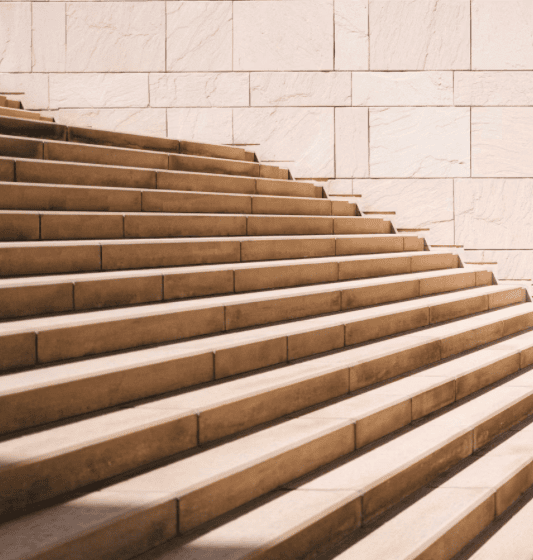I appreciate all the recent conversations I’ve had with music teachers who are intentionally changing the tone of music lessons. Like Sophia who’s integrating students’ own choice right from the first lesson. And Patrick who’s grown comfortable with promoting student independence. And Joanne who previously couldn’t imagine teaching without parents monitoring students’ home practice; these days she’s stepping out of her comfort zone to explore strategies that allow parents to regularly step back and empower students to take charge.
In other words, we’re doing things differently. We’re listening to our students and their families so that music making becomes something students carry with them throughout their lives - not just a temporary childhood exploration - but a lifelong and treasured companion. We’re reshaping and redefining the purpose of music lessons.

New Questions
For much of my early career, I kept this question at the forefront: “What skills and knowledge will my students take away from 10 years of music lessons?” It’s the kind of question that I inherited from my own teachers and reinforced the idea that there was a lot of musical work to be done. These days, I see how teachers are asking new questions like: “What can I do to ensure my students’ musical experience means something to them?”
That doesn’t mean we’ve given up on performance goals or skill acquisition. Of course they’re valuable. What’s important is the growing recognition that music lessons are more than a pathway to proficiency. Music lessons provide gateways and inspirations for our students’ lifelong music making, personal identity, and quality of life.
Rather than simply asking, “How can we ensure performance excellence?”, I’m thrilled to see today’s music teachers asking, “What activities can I incorporate to encourage students to personally experience the value in making music?” We utilize an instructional approach that prioritizes helping students explore music as something that’s part of who they are. Like my students: Angela who prepared her own Harry Potter music concert, Neil who gave a concert of his own compositions, Sarah who shared classical selections along with Billie Eilish, and beginner Lucas who’s determined to get his fingers around the first few bars of Fur Elise. Each student displays their own remarkable commitment.

Redefining What We Do
It’s exciting to witness the redefinition of what it means to be a music teacher. Today’s music teachers are more than knowledgeable instructors — we are mentors, guides, and facilitators of meaningful musical experiences. I’ve seen my colleagues - Linda, Chris, Lai Ping, Lauren, Dinu, Patrick, and others too many to mention - shifting away from “telling students what to do” toward a model of collaborative learning, where we create space for students and teachers to explore music together.
As we navigate this new era, one thing is clear: music teaching is about doing what WE NEED TO DO to meet our students’ FUTURE musical needs. It’s more than just using shinier or more trendy versions of what teachers have always done. It’s about actually changing what we’re doing to nurture our students as individuals who experience music as something integral to their lives, who engage with it meaningfully, and who continue to explore its infinite possibilities.
For music teachers, this is both a challenging opportunity and a profound responsibility. At this most remarkable and resplendent moment, we can reshape music making into something that lasts, something that students carry with them throughout their lives as a treasured part of who they are.
How do you feel about changing the tone of music lessons? Are you ready to embrace this remarkable moment and lead the way into the future of music teaching?
Today is a great day to take more steps in that direction.
